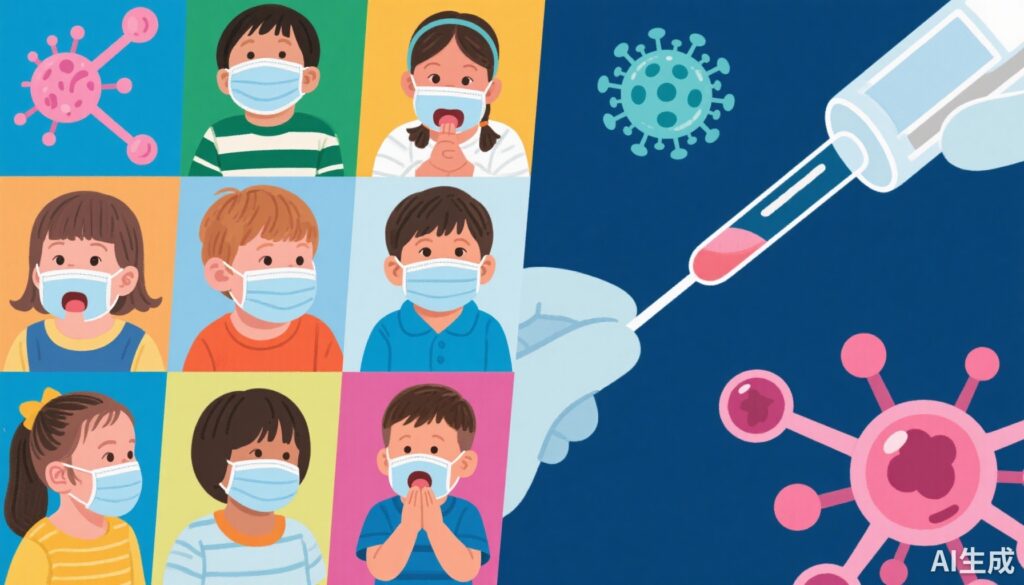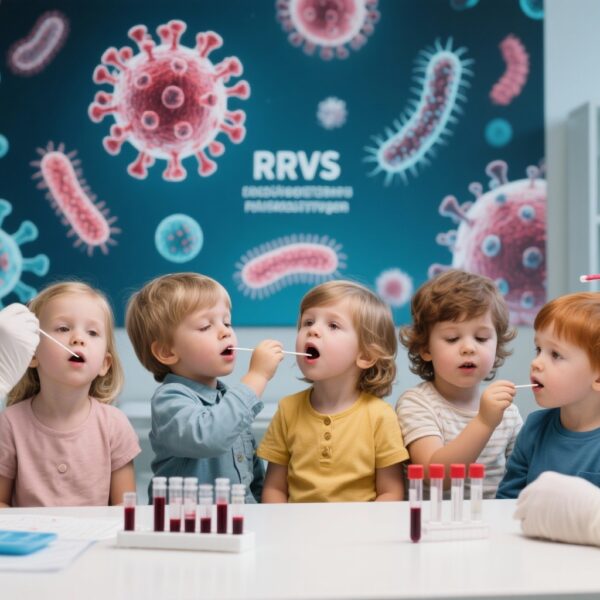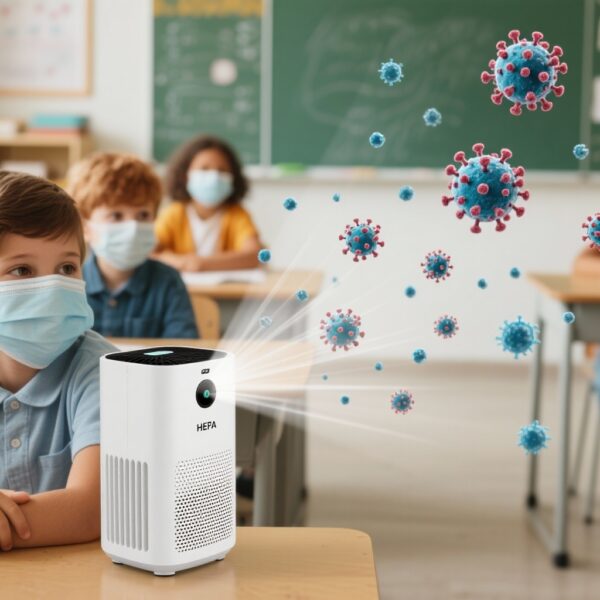Introduction
The COVID-19 pandemic prompted unprecedented global implementation of nonpharmaceutical interventions (NPIs), such as social distancing, mask-wearing, and lockdowns, aimed primarily at controlling SARS-CoV-2 transmission. While effective in reducing COVID-19 spread, these measures also significantly altered the epidemiology of other infectious diseases, especially among children. Notably, an increase in invasive Streptococcus pyogenes infections among European children during 2022-2023 has raised concerns about immune naivety and vulnerability in this age group. The underlying mechanisms linking changes in pathogen circulation, immunity acquisition, and disease resurgence remained unclear.
Study Design and Methods
This cross-sectional, multicenter study recruited children aged 0 to 4 years with suspected respiratory infections and non-infected controls from hospitals across 10 European countries. Data collection occurred in two phases: pre-NPI period (September 2016 to March 2020) and post-NPI period (April 2020 to July 2023). Throat swabs were tested via molecular assays for bacterial and viral pathogens, including S. pyogenes, RSV, influenza viruses, common cold coronaviruses, and SARS-CoV-2. Serum samples from a subset of children were analyzed for immunoglobulin G (IgG) reactivity to S. pyogenes and respiratory viruses, measured by immunoassay techniques targeting specific antigens and strains. The primary endpoint assessed changes in pathogen detection rates and antibody levels over time.
Key Findings
Analysis of 1,942 children revealed a marked decrease in detection of S. pyogenes, RSV, common cold coronaviruses, and influenza viruses during the peak of NPIs (March 2020 to July 2021). In particular, the proportion of children testing positive for S. pyogenes declined sharply during this period. Concurrently, serum IgG antibody levels to S. pyogenes and RSV in children aged 3 to 4 years were significantly lower after NPIs compared to pre-NPI levels (S. pyogenes: median relative units before 0.35 vs. after 0.13, P=0.007; RSV: median mesoscale units before 141.8 vs. after 49.6, P<0.001). Notably, no significant differences in antibody levels were observed in children aged 0 to 2 years, or for influenza viruses and SARS-CoV-2, indicating age-specific effects of reduced pathogen exposure. These findings suggest a delay, approximately equivalent to one year, in the acquisition of immunity to these pathogens among older preschool children.
Discussion and Implications
The observed reduction in serum antibodies to S. pyogenes and RSV among children aged 3 to 4 years after the implementation of NPIs points to decreased natural exposure and delayed immune maturation. This immunological naivety potentially underpins the recent upsurge in severe S. pyogenes infections documented during 2022-2023. The data align with the hypothesis that reduced circulation limits immune priming, thereby increasing susceptibility upon re-exposure. Interestingly, younger children aged 0 to 2 years did not exhibit significant antibody changes, likely due to their limited baseline exposure and immune development stage.
Limitations of this study include its cross-sectional design, which precludes direct assessment of individual immune trajectories, and potential geographic variations in NPI adherence and pathogen circulation. Furthermore, the serological assessments provide snapshots rather than longitudinal immune profiles. Nonetheless, the findings underscore the importance of monitoring immunity trends and guiding immunization strategies as pandemic restrictions ease and respiratory pathogen circulation resumes.
Conclusion
This research demonstrates that NPIs during COVID-19 led to a significant, age-specific delay in the acquisition of immunity to S. pyogenes and RSV in children aged 3 to 4 years. The delayed immune maturation may explain the recent increase in severe invasive S. pyogenes infections among children. These insights highlight the need for continued vigilance, tailored public health responses, and possibly the reassessment of vaccination policies to mitigate future outbreaks.
Funding and Ethical Considerations
The study was supported by European public health agencies and conducted following ethical principles for pediatric research. Data privacy and informed consent were maintained throughout the study.
References
1. Dokal K, et al. Immunity to Streptococcus pyogenes and Common Respiratory Viruses at Age 0 to 4 Years After COVID-19 Restrictions. JAMA Netw Open. 2025;8(10):e2537808. doi:10.1001/jamanetworkopen.2025.37808.



